WEST LAFAYETTE, Indiana As the social media campaign #trashtag goes viral, urging people around the world to clean up plastic waste and other trash in their communities, a Purdue University team is taking a different approach to the problem of plastic trash.
Chemical engineering professor Linda Wang and her lab have created a prototype technology that converts plastic waste into clean fuels, solvents and other products.
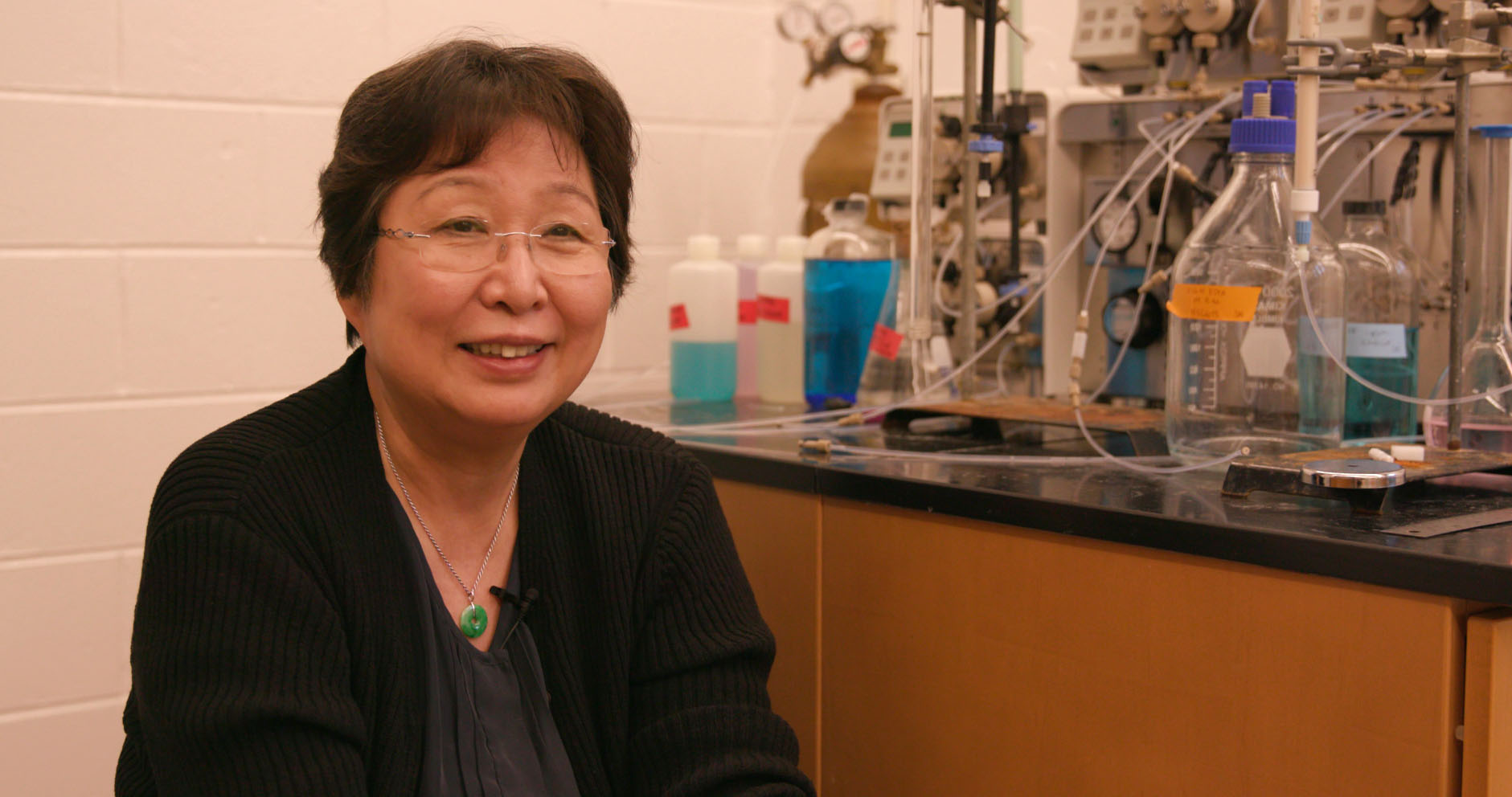
“We have a small lab, but we have been able to produce gasoline and diesel fuels,” said Wang, the Maxine Spencer Nichols Professor of Chemical Engineering. “We can also produce a crude-oil-like substance that can be further purified into other chemicals.”
The lab takes polymer waste from electronics and uses a low-energy process to convert the waste to plastics with a 99 percent purity rate, similar to the molecular structure of virgin plastics.

Wang said she hopes the technology will lend itself to an industrial scale that will reduce the need for raw materials, lower carbon emissions and decrease the amount of plastic waste input into rivers and oceans.
“Plastic pollution is very urgent problem, even more urgent than climate change,” Wang said. “If we don’t change the current trend by 2050, we will have more plastic waste in the ocean than fish. By 2050 we will have 34 billion tons of plastic waste on Earth.”
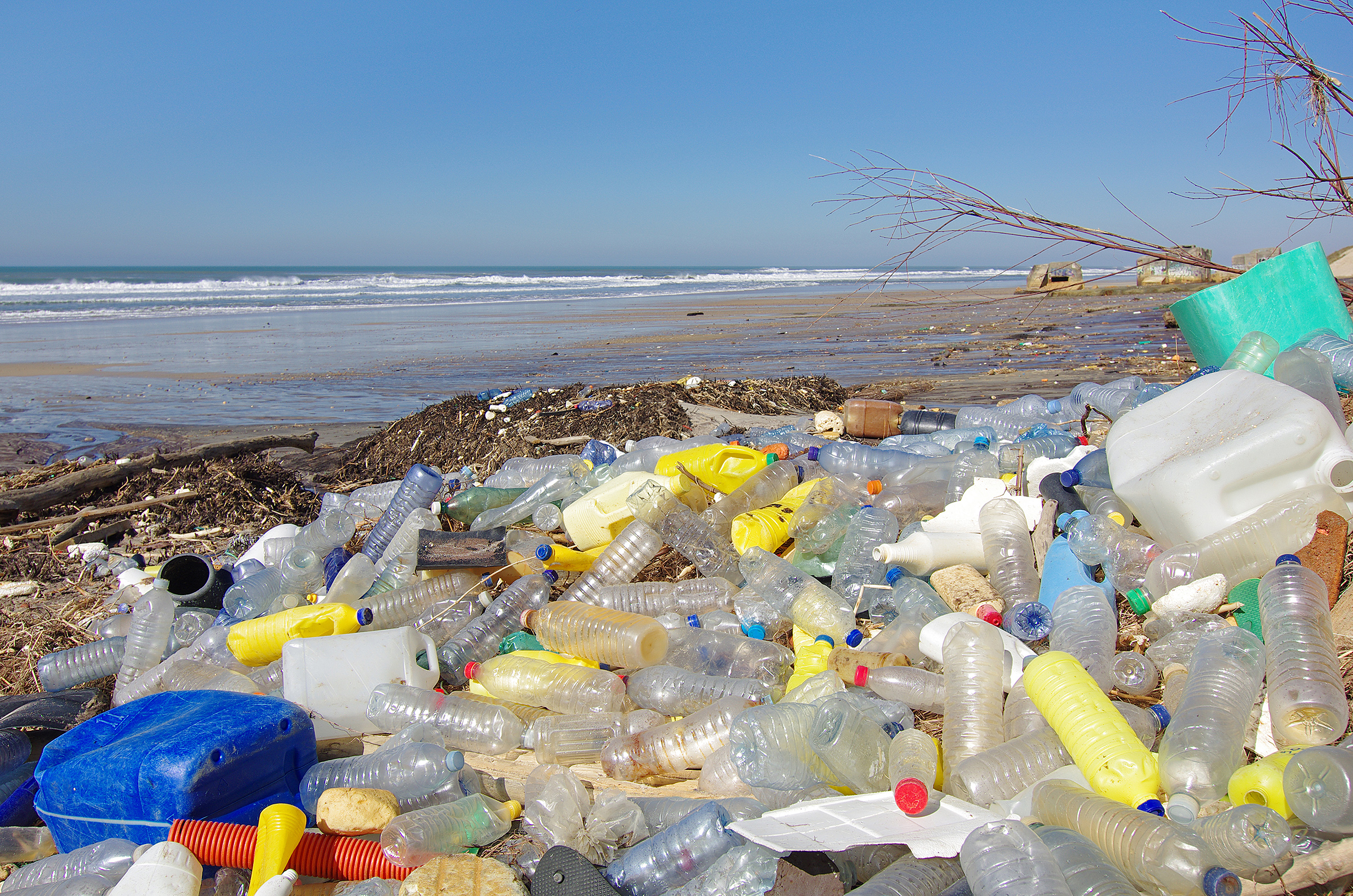
Wang said it’s currently more expensive for companies to recycle single-use plastic than to use new plastic. She said it’s difficult to retrieve plastics from general trash, and to find uses for the mix of different types of plastic waste.
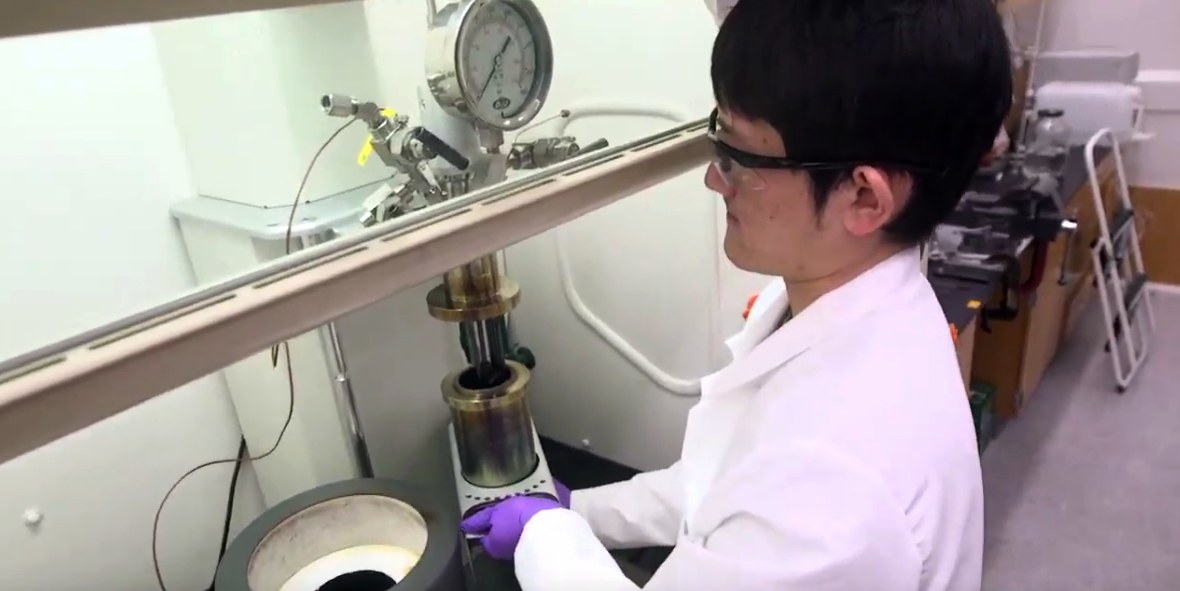
Globally, only 9 percent of all plastic products are recycled. From 1992 until recently, China imported about 45 percent of all the plastic waste in the world. In January, however, it stopped accepting plastic trash, incuding waste from the U.S.
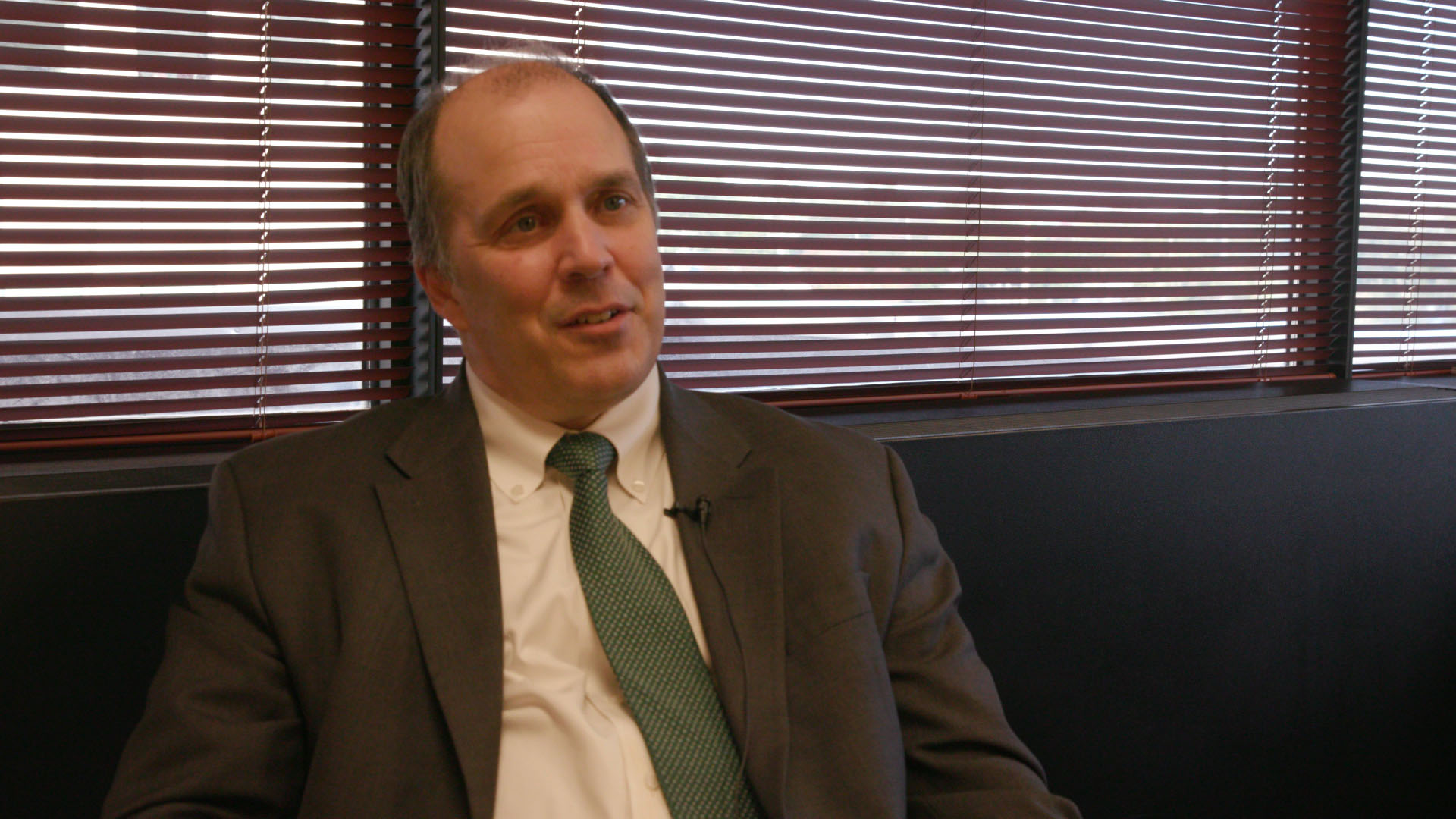
Keith Belton, director of the Manufacturing Policy Initiative at Indiana University’s School of Public and Environmental Affairs, said China accepted a significant amount of food-contaminated waste, which required a lot of manual sorting. Cheap labor resulted in the country’s becoming the global center of plastics recycling until earlier this year, when China decided the hazardous materials mixed with the plastics were too much of a health hazard.
Meanwhile, the US chemical industry has set a goal of making all plastics recyclable by 2035 and recycling all plastics by 2040.
“Plastic recycling is a huge issue to plastic manufacturers in the US,” Belton said. “They see the political momentum and the concern about plastic waste in the oceans and want to do something about it. There’s a lot of work ahead, and hopefully the China news is spurring companies to action and the U.S. to action to find how do we recycle if we just can’t send it to China for recycling.”
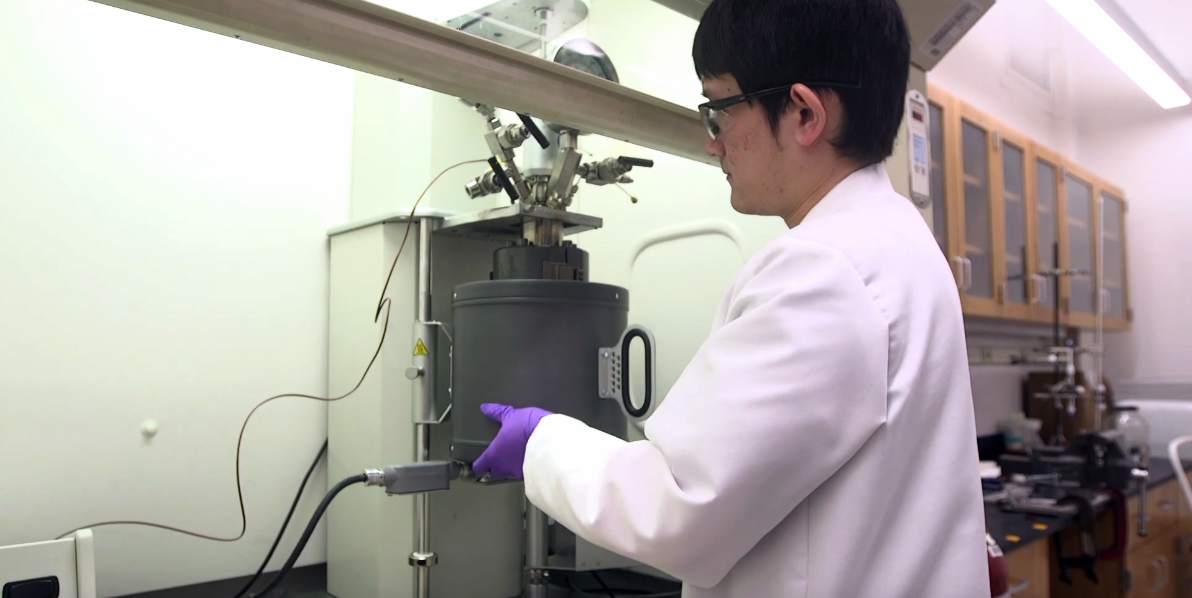
Both Wang and Belton agree there isn’t one solution for the plastic waste problem.
“Number one, I think we need to have new technologies to reuse this kind of plastic product,” Wang said. “Of course, consumers should try to reduce or eliminate their use of the single use of plastic products. Once they are used, they should be cleaned and collected and sorted in a manner to sort of help reduce the recycling cost.”

Belton said there’s no magic bullet.
“A lot of the major manufacturers of plastics are in the U.S., and they see a need to really encourage and promote recycling,” he said. “I think this is going to require a range of solutions, and it comes down to the economics.”